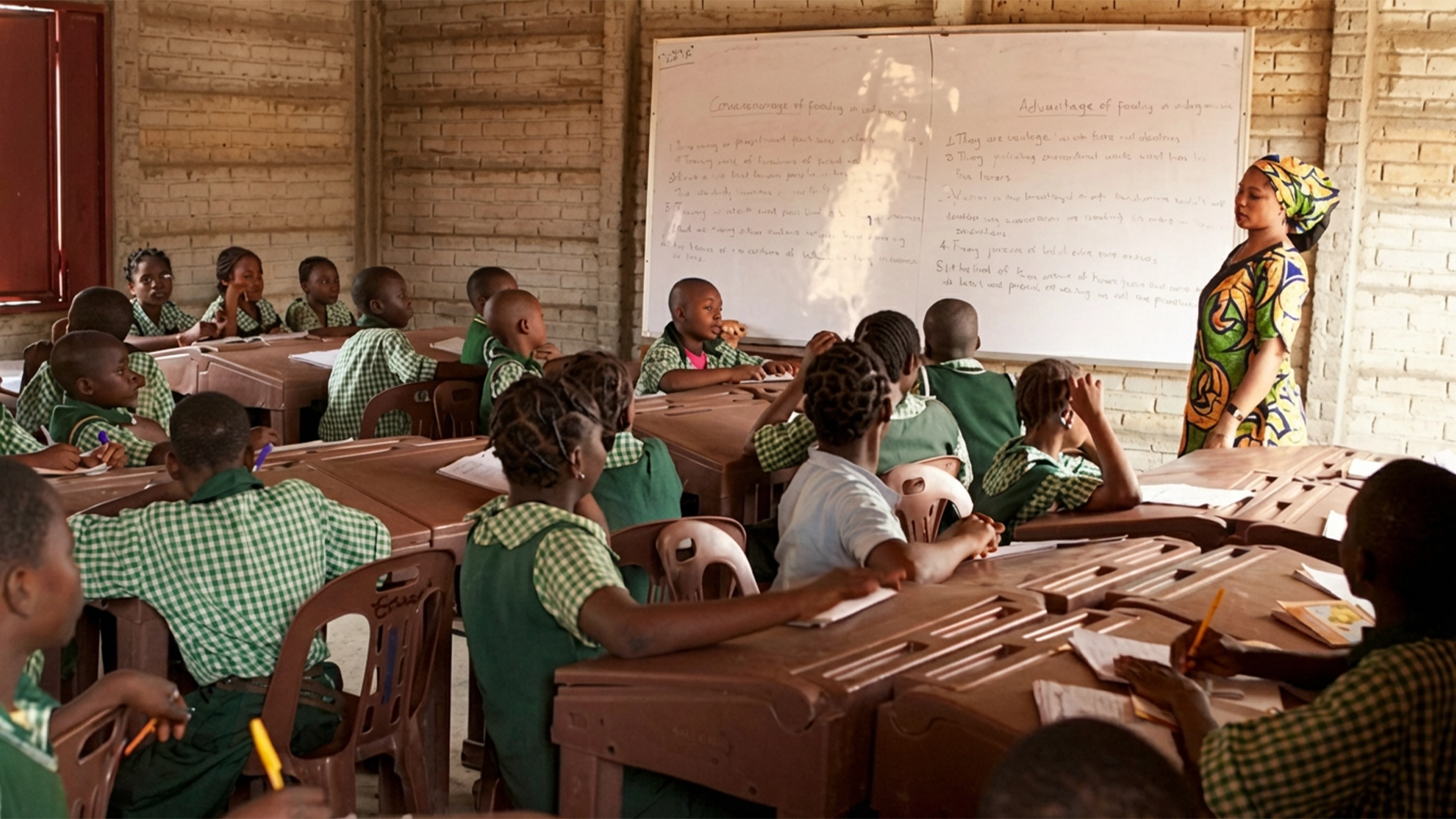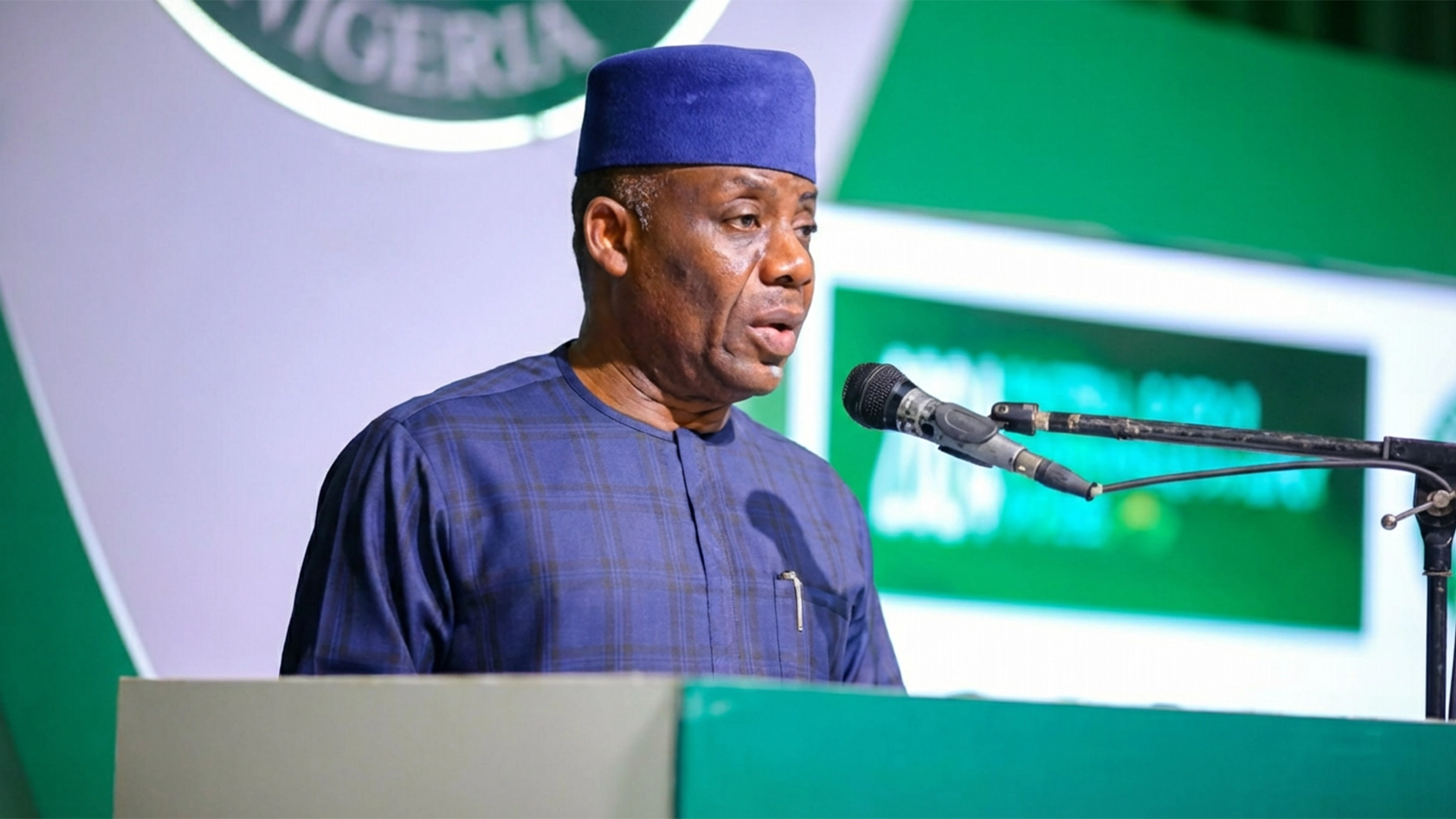
Hints by the Federal Government that it might reconsider its position on the ‘‘no-work-no-pay’’ policy against aggrieved university teachers surely raises some hope of resolving the lingering impasse between the two bodies. However, given the reported threat by the Federal Government to proscribe the Academic Staff Union of Universities (ASUU) over persistent disagreements and considering the heated commentaries trailing the FG/ASUU stalemate over the management of tertiary education, no one needs any convincing that the impasse portends a hopeless case for the prospect of tertiary education. Also in the light of ASUU’s declaration of an indefinite strike with neither party budging, it seems evident that university education may not be the same again.
While the lingering strike might have arisen, firstly, from egoistic power-play between two divisions of the elite that grossly undermines the common good and, secondly, from the lack of political will to manage trade disputes, the weight of culpability rests more on the Federal Government. Two instances give substance to the blame: one is the arrogant and somewhat punitive invocation of the “No work, no pay” rule on striking workers as well as the threat to proscribe ASUU. The other is the encouragement given to hirelings within the academic union to pen and disseminate derisive missives against their fold. This gesture is cheap, ignoble and misguided. Unfortunately, none of these will end the strike.
As has been eloquently explained by legal experts, the government cannot ban ASUU or any trade union for that matter. To carry out such an action, the government will have to amend the relevant chapter of the constitution, which in Section 40 guarantees the right to form or belong to a political party or trade union. The government will also have to withdraw its ratification of the African Charter on Human and People’s right as well as the International Labour Organisation (ILO) convention that guarantees the freedom of association and the right to organise. Even if the union can be proscribed, it is ill-advised to do so because it will neither result in resumption of academic activities nor solve the problem of incessant strikes.
Furthermore, by invoking the tactless “No work, no pay” principle, the government seems oblivious of the costly socio-economic and political implication of such an action. It would mean that academics will cancel the backlog of responsibilities of the preceding session and start on a clean slate. It would suggest abandonment of duties hitherto waiting to be undertaken. Undoubtedly, that would be calling for a fresh crisis from students. Moreover, staff of research institutes, who are themselves academics in their own right, have been on strike for over a year and are still earning their salaries. So, it raises the question of the moral and legal justification in applying the “No work, no pay” rule for a category of government workers and denying others.
Certainly government is confused. It is a measure of the confusion in this administration that men, who like freedom fighters, rattled the government of former President Goodluck Jonathan over ASUU strikes, are the ones exhibiting a greater proportion of the same bare-faced draconian stance they vehemently criticised in the former dispensation. Isn’t it ominous that the same issues over which ASUU had embarked on a nationwide strike, and over which Muhammadu Buhari in 2014 mercilessly berated the government of President Goodluck Jonathan, are the same issues Buhari’s government is disdainfully ignoring? Could it not be a twist of irony that Mallam Adamu Adamu, who in 2014 lampooned the administration of Jonathan over ASUU strike, and even encouraged other unions to go on strike, is now as Minister of Education apparently threatening to ban ASUU to serve as deterrence to other unions?
Just like other public institutions and infrastructure, tertiary education is gradually slipping into the all-too-familiar neglect and decadence; thus suggesting that the consistent stalemate is a calculated attempt to run tertiary education aground. Yet, addressing the problem must transcend lamentation. While we urge government, academics, students and parents to contemplate long-term solutions to crises in tertiary educational system, concerted efforts must be made to end the strike and bring back students to the campuses. In this regard, Nigerians should be conversant with the bone of contention. Contrary to news circulating, ASUU’s grouse transcends salaries or their marginal increase, it is about honouring agreements and demonstrating capacity for leadership. To this end, the Federal Government should sign and implement the Nimi Briggs Committee re-negotiated agreement. Additionally, it should deploy the University Transparency and Accountability Solution (UTAS) as the payment platform in the university system in line with the directives of the president.
On its part, ASUU should not prolong the strike further since protracted strikes as this one further diminish the public image of Nigeria’s education system on which they seek improvement. As reports have indicated, the toll on the country’s human capital is very huge, with both younger academics and students from middle class families leaving the country in droves. Furthermore, ASUU should be innovative about expressing its position. Notwithstanding its elitist nature, it should deploy popular public relations techniques that would enable the average citizen to understand its situation and aspirations. Its audience is too insular and its outreach too limited.
Besides, both parties must come to the negotiating table with the intention of solving problems and not to win arguments. The government party must come down from its high horse and recognise that government is a service platform and not the patrimony of any group of persons. It should cultivate the demeanor and locution of civility and responsibility. The obsessively arrogant stance of government agents in contracting spin doctors to ridicule academics in the public space is puerile and irresponsible. ASUU, on its part, should exorcise itself of any perceived pretensions of infallibility. It must earn its status as both a resource for intellectual human capital and a moral force by ensuring that its members exercise the noblest degree of self-restraint in relations with the political class.






